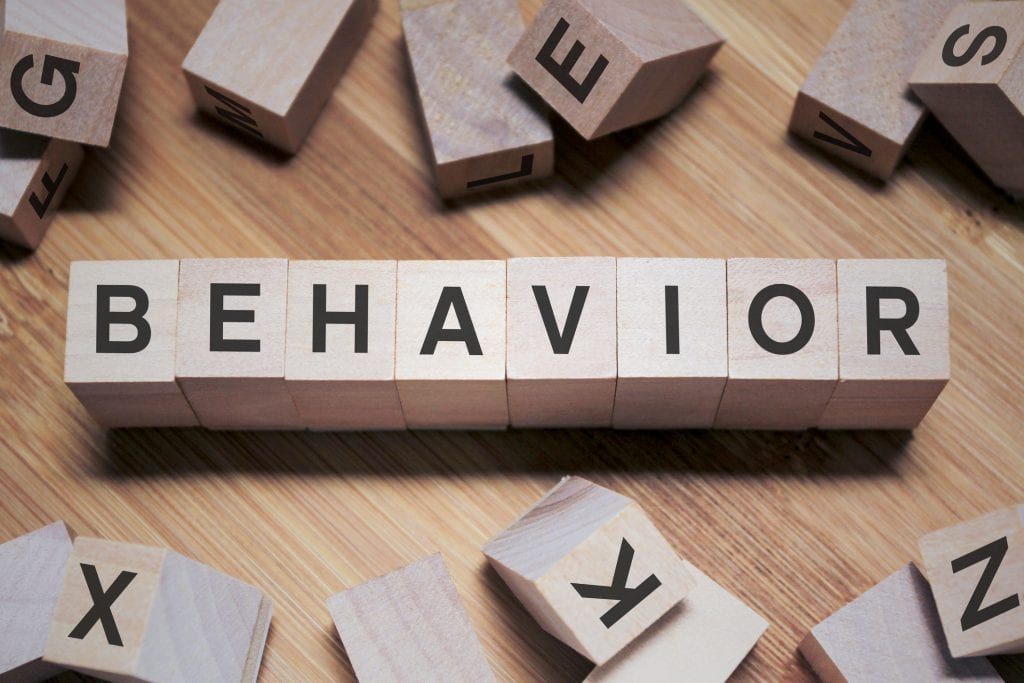DBT Explained

Dialectical behavior therapy (DBT) is a specialized form of cognitive behavioral therapy originally developed by Marsha Linehan to treat those who suffer with repeated suicidal thoughts and urges. According to an article by the New York Times, during an interview with the author, Marsha Linehan shared she struggled for many years trying to manage her emotions and thoughts of suicide. At the time, she was diagnosed with schizophrenia, and most of her treatment was unsuccessful. She spent two years in an inpatient hospital, and she shared that her hospital stay did not improve her symptoms, nor did it help her on a path to recovery.
Once released from the hospital, Marsha moved a couple of times and continued to experience emotional pain. She had one last hospital stay before making the decision to dive into her religion. One day, in a chapel, Marsha describes herself having a transformative experience that lead her to accept her emotion and her life. This experience helped her begin to fully accept that she experienced emotions that lead her to thoughts of suicide, but that she also had the choice to accept her emotions, not let them control her, and work towards changing her emotion to create a life she felt was worth living. Eventually, Marsha experienced another emotion down swing, but this time, she didn’t want to die by suicide. Instead she worked through her difficult emotions and tolerated her pain. This experience lead her to earn her Ph.D. studying psychology in order to understand the complex connection between coping with emotion, accepting our reality, and working towards change and how it leads to emotional freedom and a life worth living. Marsha shares that knowing what she does now, she would diagnose her younger self with borderline personality disorder, a diagnosis never given to her because there was not much research or treatment information regarding the disorder at the time. Through her continued research, Marsha developed a type of therapy that encompasses acceptance and change paired with daily coping skills; And so came to be the therapy that we call DBT.
DBT is the treatment of choice for those diagnosed with borderline personality disorder (BPD). Though there was not clear treatment for BPD in the past, clinicians now know that BPD has a high recovery success rate with the right treatment. BPD is characterized by intense mood swings, inappropriate emotions and response to situations, explosive anger outbursts, chronic feelings of emptiness, feeling suspicious or disconnected from reality, history of unstable relationships, unclear self-image, fears of abandonment and rejection, attempts to avoid real or imagined abandonment, impulsivity and self destructive behaviors, and chronic urges for suicide and/or self-harm. DBT is also a helpful treatment for those diagnosed with anxiety, panic attacks, ADHD, OCD, unrelenting depression, bipolar disorder, eating disorders, PTSD, and general emotion dysregulation. New research about DBT’s treatment effectiveness for other mental illness is ongoing.
But why has DBT been so helpful for managing the symptoms associated with these diagnoses? To get started, it’s important to note when participating in DBT a client attends individual therapy with a therapist, attends a weekly skills class, and receives phone consultation 24/7 with their therapist for emergency behavior reduction. DBT therapists tackle one of the most important parts of the treatment in individual therapy: providing validation and acceptance for the client’s emotion. The DBT therapist recognizes that the client is experiencing emotions more intensely than the average person. This notion is not to create judgement, it’s to create understanding for the client that their emotion feels intense because it is more intense. It’s not just that the client simply lacks coping strategies for their emotions, it’s a lack of coping skills combined with the fact that they are experiencing emotion more intensely. By creating this type of understanding and acceptance for the client, the DBT therapist can begin to help the client accept themselves and their experience while moving towards change.
Another important element of individual DBT therapy is phone consultation. Once validation and acceptance are fostered, the individual is ready to implement change. When the client has urges for suicide, self-harm, or other life-threatening behaviors, he or she can reach out to the individual therapist for assistance with skill use. The DBT therapist will help the client identity a helpful skill to use to stay safe, not make the situation worse, and keep them out of the hospital.
The element of acceptance and change is important in all aspects of DBT treatment; in the relationship between client and therapist, in the way the client sees them self and others, in acceptance of reality and that change must occur, and in the coping skills learned. But DBT also recognizes that the client must learn coping strategies to get through their day to day life. These skills are taught in weekly DBT skills classes. There are 4 modules of DBT: mindfulness, emotion regulation, distress tolerance, and interpersonal effectiveness.
Mindfulness is the act of being in the present moment. A person can be present with them self internally and with their external experience. Mindfulness is the foundation of all the skills learned because for someone to recognize they need to use a skill or in order to implement a skill they have to able to notice their emotion, physical sensations, and pay attention the present moment internally and externally.
Next, emotion regulation is a module that helps with inappropriate emotional response and intensity. Emotion regulation helps the client determine if their emotion is appropriate for the situation based on the facts and is the intensity is justified. If not, emotion regulation teaches the client how to change their emotion response using tools such as problem solving or acting opposite to the emotion.
Additionally, distress tolerance skills are taught to help the client tolerate painful emotions they can’t or don’t want to change. Distress tolerance skills help the client tolerate an emotion or a destructive urge without making things worse. These skills assist the client is riding out an emotion rather than changing it.
Lastly, interpersonal effectiveness skills are taught to help clients build and maintain stable relationships. This module teaches skills to help the client with boundary setting, balancing a relationship’s needs with their own goals and values, and living a life that is consistent with their own values.
All individuals desire connection, but the emotion dysregulation associated with the above-mentioned diagnoses can interfere with relationship building and meeting goals. The DBT skills, when combined, help the client manage their emotion in a way that helps them better connect with themselves and others. The skills also help the clients manage emotions so that they can work to create a life that feels worth living by pursuing goals and finding purpose.
The Summit Counseling Center has a DBT program with intensively trainer DBT therapists offering DBT individual therapy, group DBT skills classes, and access to phone consultation. If you’re interested in learning more about our DBT program or believe that you or a loved one could benefit from DBT contact us at 678-893-5300 or check out our website www.summitcounseling.org
*Information for this article was gathered from the following sources:
Carey, B. (2011). Expert on mental illness reveals her own fight [Article]. https://www.nytimes.com/2011/06/23/health/23lives.html
Linehan, M. (1993). Cognitive-behavioral treatment of borderline personality disorder. The Guilford Press.
Linehan, M. M. (2015). DBT skills training manual (2nd ed.). New York, NY, US: Guilford Press.



